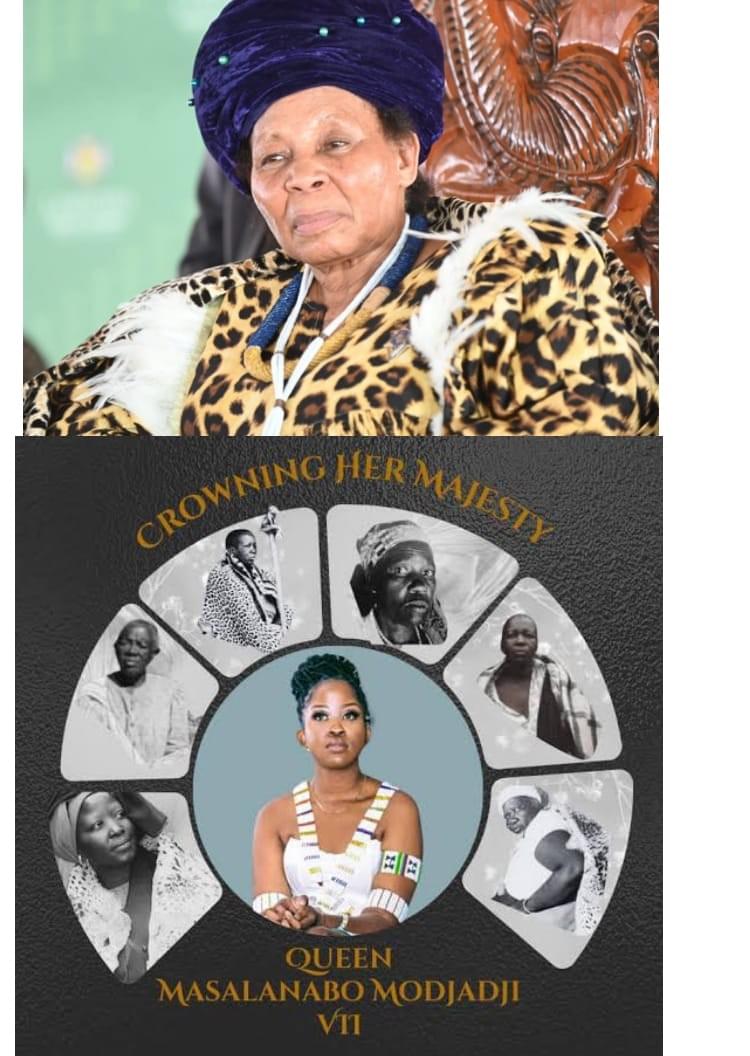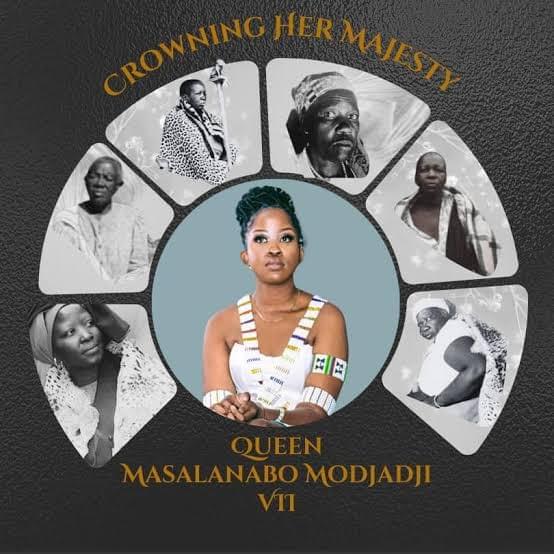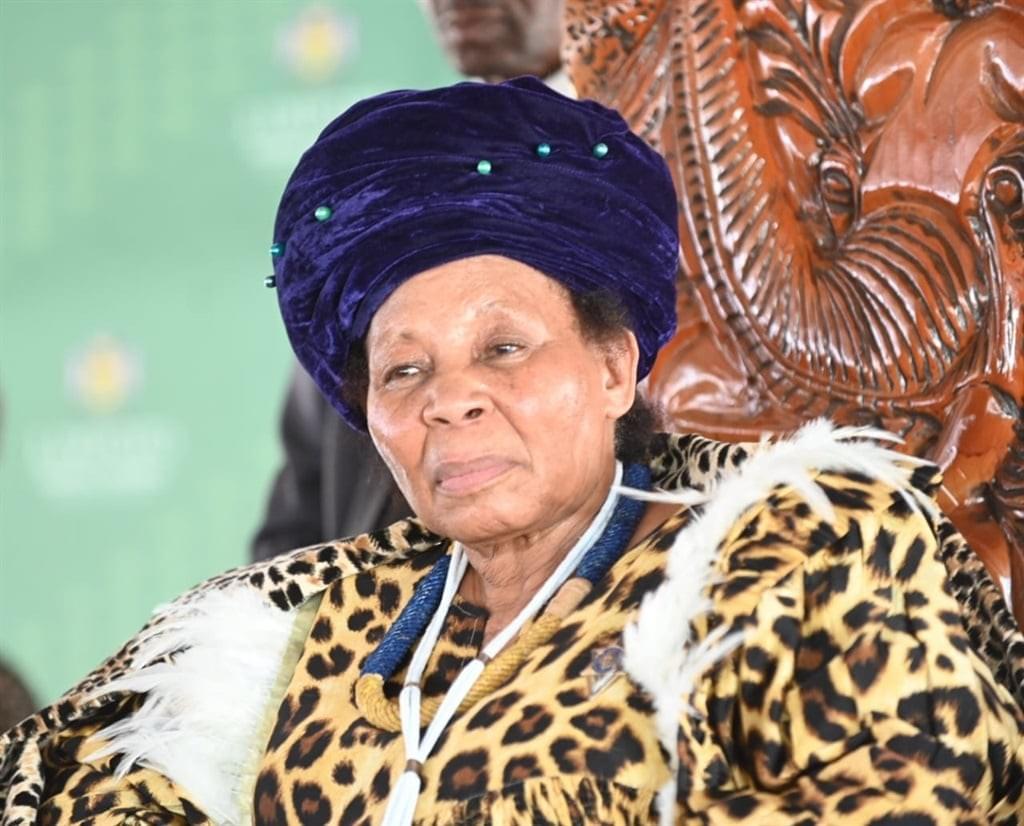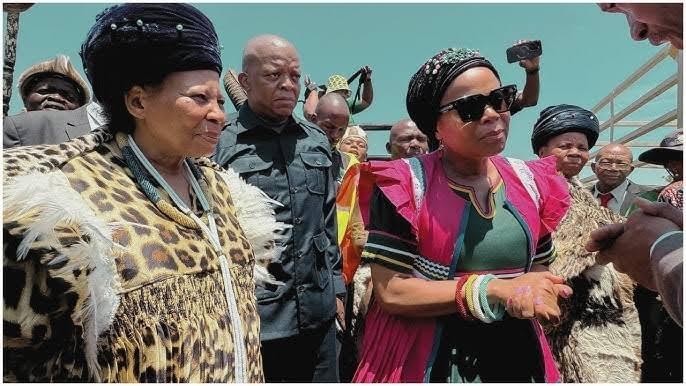
Backlash against human rights advocacy is a deeply personal issue for me. It’s an issue I never fully understood until I went back to Ndofela village, where I was born, as part of my work as a WOSSO Fellow.
It was in my rural village, as I went to implement my advocacy plan, that I was confronted with the stark reality of resistance.
The backlash against the human rights work I was trying to champion—especially in rural settings—was not just a concept I’d read about or heard of; it was real, it was palpable, and it was suffocating.
During my time in Ndofela, we were made aware of the growing backlash against human rights advocacy, and it hit me with a deep sense of urgency. What I didn’t expect was how personal this would become.
Seeing firsthand how ingrained cultural and traditional norms clashed with the values of equality and justice that I was advocating for opened my eyes to just how difficult it is to bring about change in communities that have long been resistant to it.
That period in Ndofela marked a turning point in my journey. It wasn’t just the experience itself, but the timing. Not long after, I had the privilege of attending the AWID Forum in Bangkok, and there, the global scale of this backlash became glaringly clear.
I found myself feeling frustrated and angry. But amidst that anger, I remember Mama Colleen’s wise words: “You can be angry, but we need plans of action. We need solutions to push back against the pushback.” From that moment on, I stopped being consumed by frustration and began channeling that energy into action.
I made a commitment to myself that I would seek solutions to the very backlash I had witnessed—solutions that would be especially critical in spaces where traditions and cultures hold such weight.
And as I reflect on the struggles of women around the world who, like me, are fighting for their rightful place in society, I can’t help but think of the fierce contestations happening within the royal houses of Limpopo province.
In this corner of South Africa, two extraordinary women—Queen Masalanabo Modjadji of the Balobedu royal house and Queen Manyaku Thulare of the Bapedi royal house—are at the heart of a battle that speaks volumes about the broader challenges women face when striving for positions of power.

Despite her rightful claim, patriarchal resistance within traditional councils has sought to strip her of her legitimacy, calling for male leadership to reign instead. Queen Manyaku, in turn, faced intense opposition when she stepped forward to claim the throne of the Bapedi royal house after the death of her brother, King Victor Thulare III.
The courts became the battleground where, despite her lineage and capability, her gender was used as the primary argument against her leadership.
These women, despite their strength, face fierce resistance not for lack of merit, but because of their gender. As Prince Mampuru Sekwati remarked, the lengths to which patriarchal systems will go to preserve male dominance are not just frustrating—they’re heartbreaking. He pointed out the absurdity of a cultural system where some would rather see a donkey ascend the throne than a woman.

This image, though harsh, underscores the deep-rooted misogyny that pervades many of these traditions and the tragic lengths that patriarchal forces will go to preserve their grip on power.
However, Prince Mampuru’s words also shed light on a growing movement of men who are challenging these systems. Men like him, who support the rightful ascension of women like Queen Masalanabo and Queen Manyaku, are standing against the tide of tradition and helping to reframe the narrative.
They understand that true progress comes when we push back against systems that seek to limit potential based on gender.
But while men’s support is invaluable, it is equally critical that women recognize the power of unity. Internalized misogyny often drives some women to align themselves with patriarchal factions, working against the progress of other women.
But when women stand together, when we recognize that our struggles are interconnected, we become unstoppable. We must lift each other up, rather than perpetuate the same cycle of exclusion. Only through solidarity can we overcome the barriers that have kept us sidelined for far too long.
The stories of Queen Masalanabo and Queen Manyaku aren’t just about royal thrones—they are about the fight for equality and the right to be heard, to lead, and to make decisions that affect their communities. They symbolize a greater truth: that women’s leadership is not only possible—it is essential.
Women bring unique perspectives that are crucial for addressing the systemic issues we face, from poverty to inequality, from education to human rights. Denying women their rightful place in leadership is not just an affront to them as individuals—it’s a loss for society as a whole.

The struggles these queens face are microcosms of a much larger, global fight for gender equality. They remind us that the battle is far from over, but it is one we must continue with passion and determination.
The fight for women’s rights is a fight for the future—a future that is more just, more equitable, and more inclusive. And though the path is long, the rewards of this fight—a society where all voices are heard, where leadership is not determined by gender, but by ability and merit—are worth every effort.
I would be deeply honored to attend the ceremonies of Queen Masalanabo Modjadji and Queen Manyaku Thulare as they ascend to their rightful thrones. These ceremonies hold immense significance, not only for the communities they represent but also for my advocacy work and spiritual journey.
Being present is not simply a personal privilege—it is a meaningful and necessary step in amplifying the fight against patriarchal resistance, supporting women’s leadership, and deepening my understanding of traditional spaces where the pushback against human rights persists.
To make this possible, I humbly ask for support to fund my transportation and accommodation for both ceremonies. Your contribution will enable me to bear witness to this historic moment and continue my advocacy for solutions to the backlash faced by women in leadership and other human rights defenders.
(The Katty Perry Song is just for Kontrol mates, chill!)
Together, we can ensure that these battles for equality are not fought in isolation but with collective solidarity and action.
As we stand in solidarity with women like Queen Masalanabo and Queen Manyaku, let us remember that their battles are ours.
Let us draw strength from their resilience and remember that the future thrives when women are empowered to lead.
Camagu Makhosikazi. Makukhanye.

